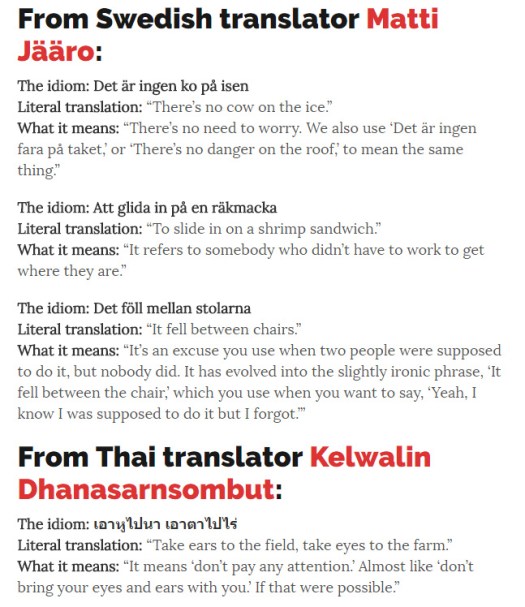I want to start this week’s provocation article by re-sharing a quote from Paul Solarz that was included in Adam Hill’s post on launching Genius Hour with his students:
“Too many children today go to school only to bide their time until they get home and do something that truly interests them.”
Paul Solarz, Learn like a PIRATE
The more I think about this, the more it makes sense that those same children grow up to continue to spend large blocks of their lives–even careers–“biding their time until they get…to do something that truly interests them.”
Meanwhile, they might never truly learn what their own passions are, let alone practice them.
To me, it all comes down to assumptions. How we should spend our time, our money, our relationships, our energy, our intelligence–it’s all dictated based on preconceived notions from, well, almost everyone around us.
Today, I want to share two resources that rock that idea to the core. The first is a beautiful autobiographical comic by Zen Pencils from a speech by Bill Watterson–a man who turned down millions of dollars to authentically pursue his passion and craft.

The second is a video entitled “The Millennial Rebuttal” by Welzoo & Column Five.
You might take a look at these provocation resources and think, “Yeah, but tomorrow, I need to teach fractions, phonics, and the anatomy of an apple. What place does this have in my instruction?”
The answer is, the highest place. Untraining students from the dependency on others’ assumptions will help them better familiarize themselves with their passions, develop their critical thinking, unlock their ability to problem-solve creatively, and own their learning process. We have trained our students to sit passively and wait to be told what the priority is long enough. It’s time to help them look at the big picture, and to discover what matters most.
Provocation Questions:
- Why are cultural messages (“they say”) often at odds with reality? Where do they come from?
- What are other cultural messages you’ve heard that don’t line up with your experience/values?
- What does it mean to “invent your own life’s meaning?”
- To assume means to act like you know something about a person or how something should look based on your experiences. How do assumptions impact individuals and societies?
featured image: DeathToTheStockPhoto



















